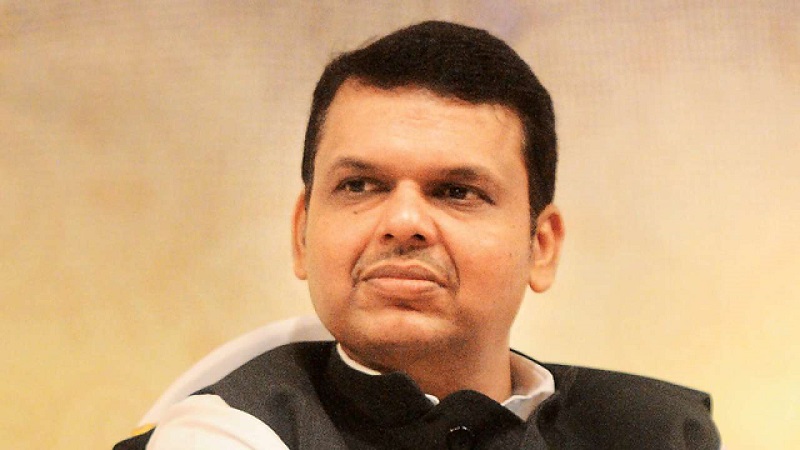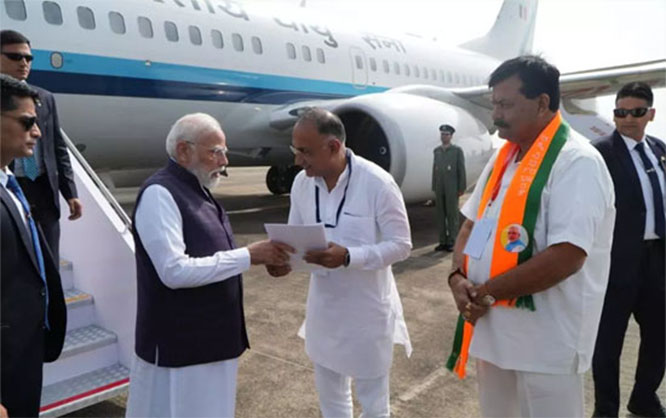With IndiGo flight disruptions impacting thousands of passengers, the airline on Saturday said that it will offer full waiver on all cancellations/reschedule requests for travel bookings between December 5, 2025 and December 15, 2025.
Earlier in the day, the civil aviation ministry had directed the airline to complete the ticket refund process for the cancelled flights by Sunday evening, as well as ensure baggage separated from the travellers are delivered in the next two days.
In a post on X, titled 'No questions asked', IndiGo wrote, "In response to recent events, all refunds for your cancellations will be processed automatically to your original mode of payment."
"We are deeply sorry for the hardships caused," it further added.
Several passengers, however, complained of not getting full refund as promised by the airline.
Netizens have shared screenchots of getting charged for airline cancellation fee and convenience fee.
"Please tell me why u have did this airline cancellation charges when u say full amount will be refunded (sic)," a user wrote sharing a screenshot of the refund page.
"Well, but you have still debited the convenience charges," wrote another.
Passengers have also raised concerns about the "cancel" option being disabled on the IndiGo app. "First enable the 'Cancel' button on your App & offer full refund on tickets cancelled by customers between the said dates," wrote a user.
A day after the country's largest airline, IndiGo, cancelled more than 1,000 flights and caused disruptions for the fifth day on Saturday, the ministry said that any delay or non-compliance in refund processing will invite immediate regulatory action.
The refund process for all cancelled or disrupted flights must be completed by 8 pm on Sunday, the ministry said in a statement.
"Airlines have also been instructed not to levy any rescheduling charges for passengers whose travel plans were affected by cancellations," it said.
On Saturday, more than 400 flights were cancelled at various airports.
IndiGo has also been instructed to set up dedicated passenger support and refund facilitation cells.








Comments
Add new comment